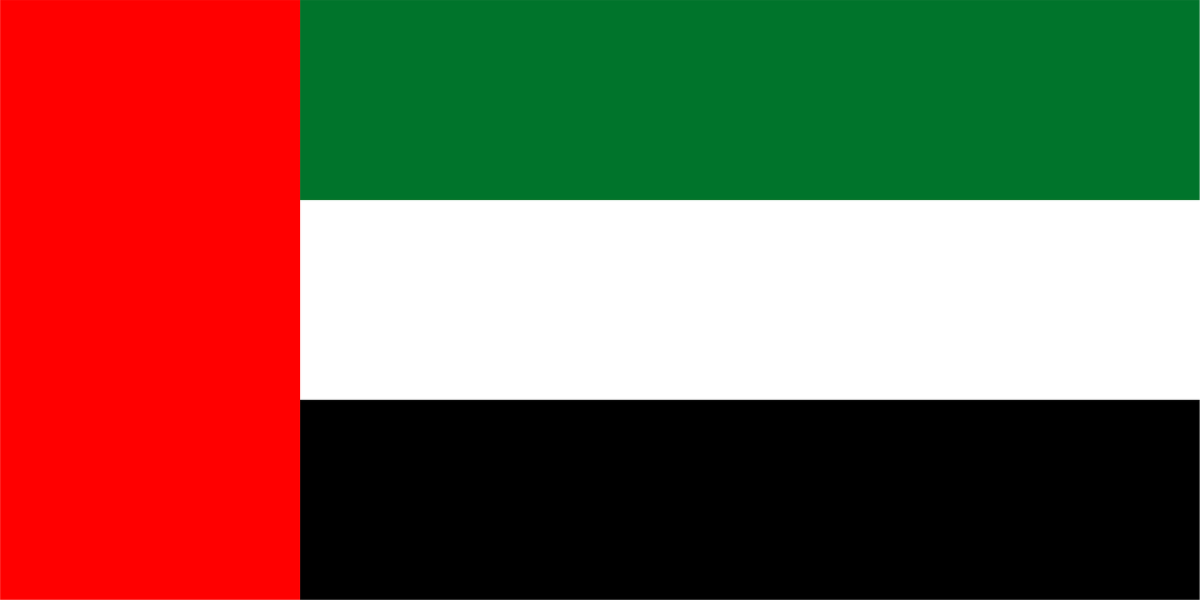Abu Dhabi Global Market
Explore the advantages of the Abu Dhabi Global Market as a Decentralized Autonomous Organizations (DAO) jurisdiction.

Updated 11th February 2024*
This post is part of our research on DAO-friendly global jurisdictions.
ABU DHABI GLOBAL MARKET (DISTRIBUTED LEDGER TECHNOLOGY FOUNDATIONS REGULATIONS 2023)
https://en.adgm.thomsonreuters.com/rulebook/distributed-ledger-technology-foundations-regulations
- Overview of Jurisdiction
The "Distributed Ledger Technology Foundations Regulations 2023" within the Abu Dhabi Global Market (ADGM) establish a detailed legal framework for DLT Foundations, focusing on harnessing the potential of distributed ledger technology for various purposes, such as deployment, development, facilitation, or support of DLT and token issuance.
These regulations necessitate a comprehensive application process for the establishment and registration of DLT Foundations, including submission of a charter, payment of fees, and provision of essential documents like white papers and DLT frameworks. They set clear objectives that align with DLT purposes and require adherence to specific naming conventions. Governance structures are defined, emphasizing the creation of a Foundation Council and delineating the roles of tokenholders and stakeholders to ensure transparency, accountability, and regulatory compliance. DLT Foundations must comply with ADGM regulations, AML requirements, data protection standards, and laws to prevent cyber-crime, ensuring their activities uphold public policy and UAE laws. Financial and asset management guidelines are strict, focusing on the proper use and accounting of foundation assets.
The regulations also address the migration of foreign entities to ADGM as DLT Foundations, specifying compliance requirements and restrictions. Amendments to foundational documents must be council-approved, possibly involving tokenholders or other bodies, ensuring ongoing regulatory compliance. Prohibitions are established to protect the DLT ecosystem's integrity within ADGM, including restrictions on unauthorized financial services and asset alienation. This framework is designed to promote innovation within a secure, regulated environment, protecting participant interests and public trust in ADGM as a leading DLT hub, with a strong emphasis on governance, compliance, and transparency.
Legal Frameworks:
The "Distributed Ledger Technology Foundations Regulations 2023" established by the Abu Dhabi Global Market (ADGM) mark a significant stride towards the institutional recognition and operational framework for Distributed Ledger Technology (DLT) Foundations. These regulations are designed to foster innovation, ensure regulatory compliance, and provide a robust legal structure for the creation and management of DLT Foundations. Aimed at leveraging the transformative potential of blockchain and other DLTs, the framework outlines a clear path for the establishment, governance, and dissolution of these entities, emphasizing transparency, ethical conduct, and the safeguarding of participant interests. Through the implementation of these regulations, ADGM positions itself as a leading jurisdiction for DLT initiatives, offering a conducive environment for technological advancement and investment.
- Establishment: Individuals or entities can form a DLT Foundation, requiring at least one founder and a registered agent within ADGM. The process includes submitting a comprehensive application that comprises a charter, registration fees, and necessary documentation like white papers.
- Legal Status and Name: A DLT Foundation gains legal status upon successful registration, with its name mandatorily including "DLT Foundation" to signify its nature and compliance with the regulations.
- Management: Governance of a DLT Foundation is defined by its charter, involving a Foundation Council and possibly incorporating smart contracts for automated operations. These foundations are required to have mechanisms in place for updating or modifying smart contracts.
- Standards of Conduct: DLT Foundations must operate under the principles of good faith and fair dealing, with specific guidelines outlined in their governing documents to ensure ethical operations and member interactions.
- Voting Rights: Voting mechanisms within DLT Foundations can vary, often based on digital asset contributions or set as equal rights for all members, ensuring democratic and fair decision-making processes.
- Dissolution: Conditions for the dissolution of a DLT Foundation include the expiration of its term, decision by member vote, achievement of its purpose, or other predefined criteria in its charter or smart contracts.
- Legal Protections: As registered entities, DLT Foundations enjoy legal protections such as limited liability, where members are shielded from personal liability for the foundation's debts and obligations, providing a safe harbor for innovation and investment.
- Foreign DLT Foundations: The regulations accommodate the registration of foreign DLT Foundations in ADGM, outlining specific compliance requirements to integrate into the ADGM ecosystem while maintaining global operational standards.
Benefits and Challenges:
The "Distributed Ledger Technology Foundations Regulations 2023" in the Abu Dhabi Global Market (ADGM) introduce a pioneering legal framework for DLT Foundations, aiming to promote innovation while ensuring regulatory compliance and stability within the digital economy. Here are the benefits and challenges associated with this regulation:
Benefits:
- Legal Clarity and Security: By providing DLT Foundations with a clear legal status, the regulations offer a secure foundation for operations, enhancing investor confidence and legal protection for stakeholders.
- Innovation Promotion: The framework encourages innovation by legitimizing and structuring DLT initiatives, attracting entrepreneurs and technologists to develop blockchain-based solutions within a regulated environment.
- Operational Transparency: Governance and operational standards, including the requirement for a Foundation Council and detailed charter, promote transparency and accountability, essential for trust in digital transactions.
- Global Integration: The regulations facilitate the integration of foreign DLT Foundations, promoting international collaboration and positioning ADGM as a global hub for DLT innovation.
- Limited Liability Protection: Similar to traditional corporations, DLT Foundations benefit from limited liability, protecting members' personal assets from the foundation's liabilities and enhancing the appeal for participation.
- Adaptability and Flexibility: The allowance for smart contract governance alongside traditional management structures offers flexibility and adaptability, enabling DLT Foundations to leverage the full potential of blockchain technology.
Challenges:
- Regulatory Complexity: Navigating the comprehensive legal requirements, including registration, governance, and compliance, may pose a challenge for new entrants unfamiliar with the regulatory landscape.
- Technological Integration: Ensuring that smart contracts and other DLT elements meet regulatory standards and are capable of updates or modifications requires technical expertise and ongoing management.
- Global Regulatory Variance: While ADGM offers a progressive regulatory framework, DLT Foundations operating internationally must navigate varying legal and regulatory environments, complicating global operations.
- Financial and Operational Burdens: The requirements for detailed documentation, registration fees, and ongoing compliance may impose financial and operational burdens on smaller organizations or startups.
- Data Privacy and Security: Ensuring compliance with data protection standards and cybersecurity measures, particularly in a rapidly evolving technological landscape, presents ongoing challenges.
- Legal and Ethical Concerns: Balancing innovation with ethical considerations and legal constraints, especially in areas like digital asset management and member rights, requires diligent oversight.
The "Distributed Ledger Technology Foundations Regulations 2023" represent a significant step forward in the legal recognition and regulatory framework for blockchain technologies. While they offer numerous benefits, including legal clarity, innovation promotion, and operational transparency, they also present challenges such as regulatory complexity, technological integration, and global regulatory variance. Addressing these challenges will be key to maximizing the benefits of DLT Foundations within the ADGM and beyond.
Case Studies:
- IOTA Foundation
https://blog.iota.org/iota-first-dlt-registered-adgm-in-uae/
The IOTA Ecosystem DLT Foundation, having registered under the Abu Dhabi Global Market in the UAE, marks a pioneering step as the inaugural DLT foundation in the region. With an initial funding of more than $100 million in IOTA tokens, the foundation aims to propel the development and expansion of the IOTA ecosystem, supporting the advancement of the IOTA protocol within the area. This initiative is designed to bolster community-led projects and enhance cooperation with regulatory bodies.
*Please note that the information in this post is for informational purposes only. It should not be construed as legal, tax, investment or other advice.*
